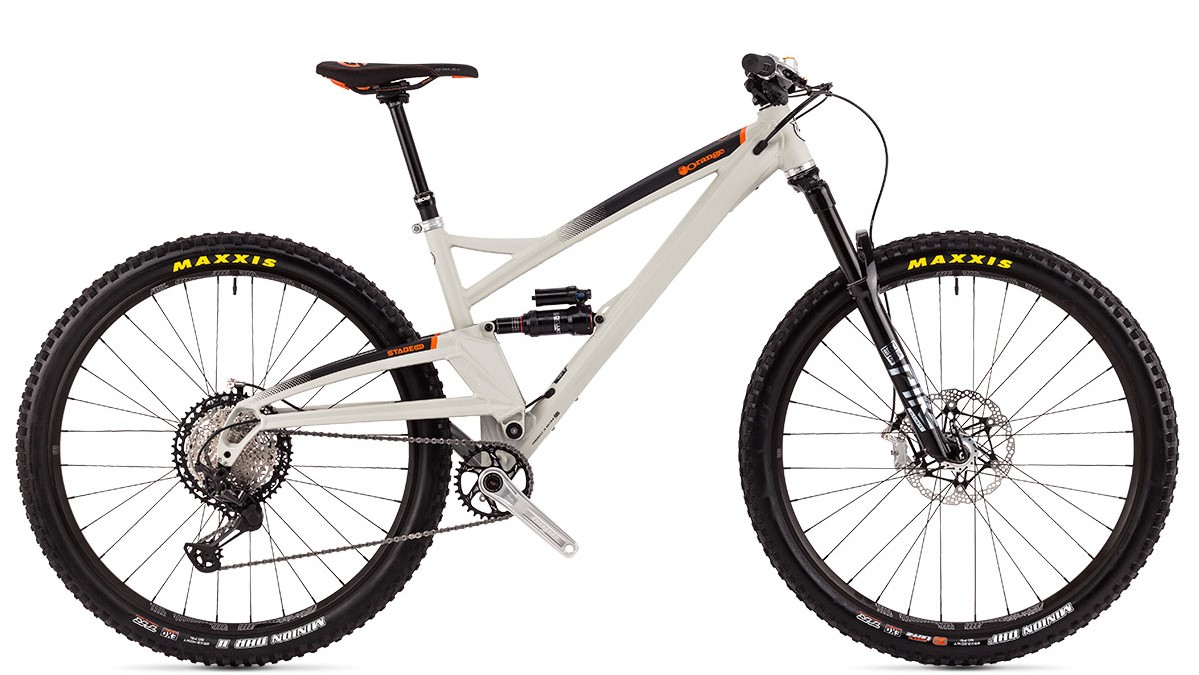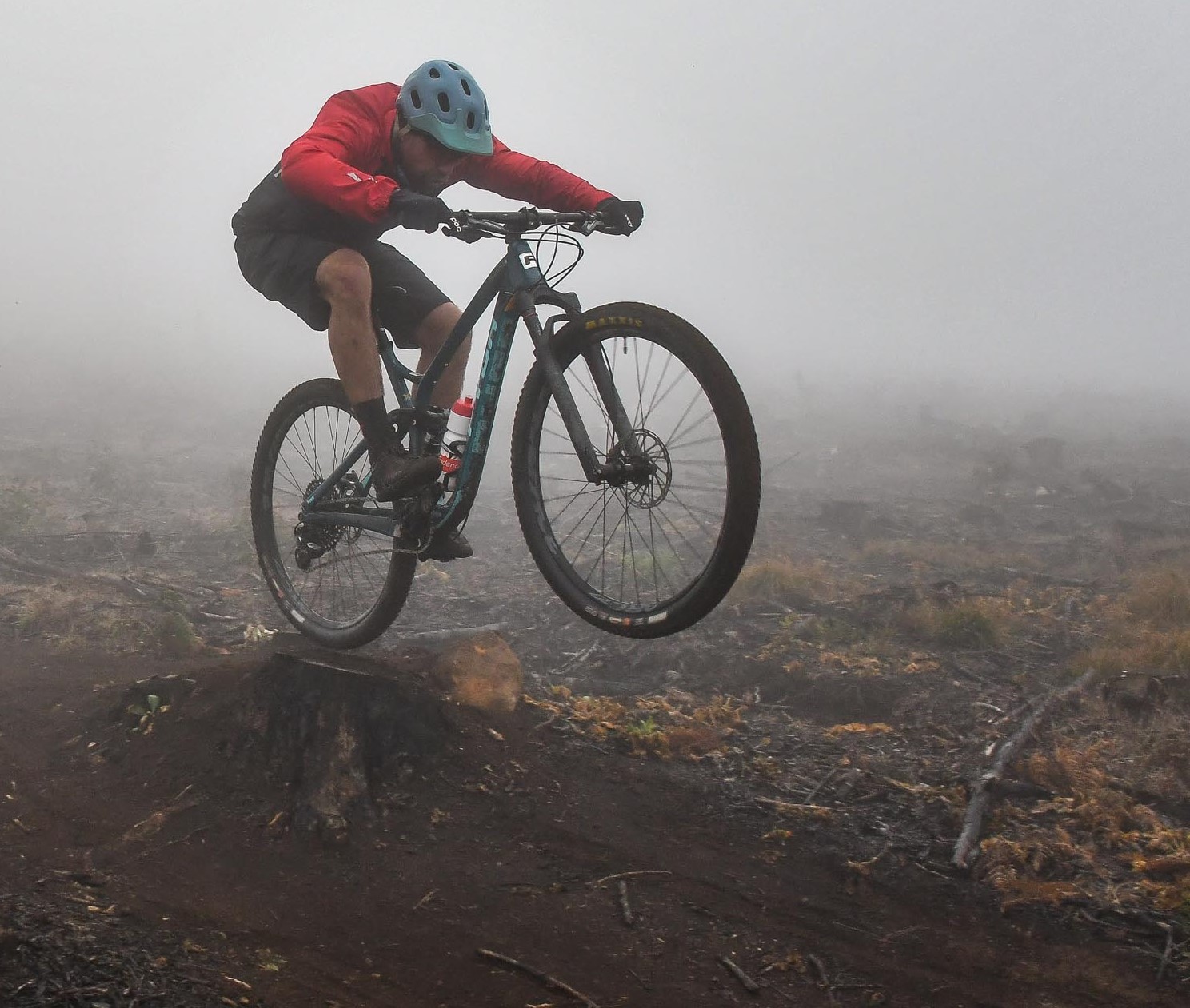Orange adds two new short-travel Evo bikes to its portfolio
The new Orange Evo bikes are shorter on travel, but not on ride quality or singletrack agility

Orange has reconfigured two of its most popular mountain bikes, by reducing travel, yet increasing performance
The iconic British brand, known for its proven single-pivot suspension linkages and high chainstay frame designs, had added Evo derivatives to both the Five and Stage Five models.
With these new Evo variants Orange has shortened overall suspension travel, without influencing the descending capability of either the Five or Stage.
New shock tunes are specifically calibrated to make the best of Orange’s simple swingarm kinematics and less travel at the rear.
Best trail bike 2020: the best trail mountain bikes reviewed and rated
Best hardtail mountain bikes 2020: Bike Perfect's best hardtail mountain bike picks
Best MTB hip packs: ditch the bag and travel light on the trails
For riders who prefer the more agile 27.5-inch wheel size, there is the new Five Evo, which has a 130mm shock and 140mm fork – as opposed to Orange’s standard Five, with its 150mm fork and 145mm rear wheel suspension configuration.
Although Orange has compacted the travel numbers, its aim was to increase trail feedback and give riders a more responsive chassis. To that end, geometry numbers remain configured for the committed, with the Five Evo having a 64-degree head angle and 485mm of reach on the size large.
If you prefer a progressive geometry short-travel 29er, the Orange Stage Five Evo is built around a 130mm front fork and 120 rear shock, down from the 140mm front and 135mm rear found on a stock Stage Five. Geometry numbers for Stage Five Evo are slightly steeper and shorter, as one would expect with the larger wheels, tallying a 65-degree head angle and 478mm reach on a large frame.
Further increasing the agility of these new Orange mountain bike frames, are their shorter fork positions relative to the head tube, with the Five Evo running a 37mm offset fork, while the Stage Five Evo specifies 42mm.
Why would Orange market these new versions of its Five and Stage Five, with 10mm shorter forks and 15mm less travel at the rear?
As a result of the progressive geometry design trend in mountain biking, riders have become aware that suspension travel numbers are not an absolute remedy in the search for greater singletrack performance.
Geometry numbers are perhaps even more important, and many trail riders are discovering they need less travel than previously thought, allied to more aggressive frame angles. This has created the business case for these new Orange Evo products.
Both of these new Orange Evo bikes are set to retail for $6,600 (£5,300).

Lance Branquinho is a Namibian-born journalist who graduated to mountain biking after injuries curtailed his trail running. He has a weakness for British steel hardtails, especially those which only run a single gear. As well as Bike Perfect, Lance has written for MBR.com, Off-Road.cc and Cycling News.
